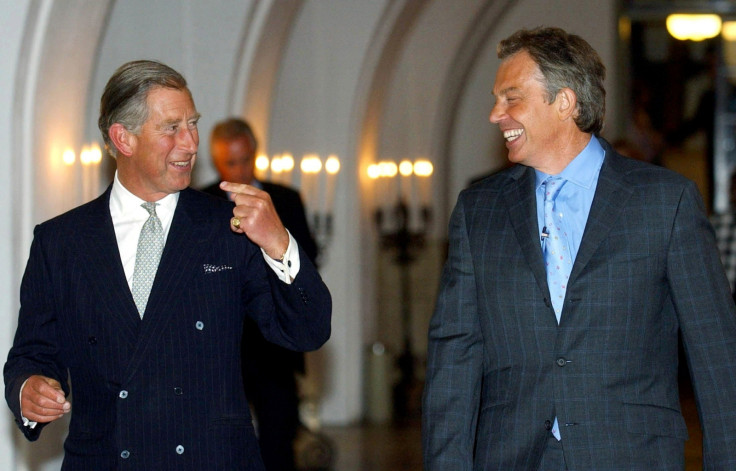Prince Charles' 'black spider memos' to be published after court gives go-ahead

A series of potentially embarrassing letters written by Prince Charles to government ministers between 2004-2005 will be published on Wednesday 13 May.
The government has long blocked disclosure of what it has called the "particularly frank" letters, but its veto on publication was declared unlawful by the Court of Appeal last year, a decision which was upheld by the Supreme Court in March.
The 27 letters to ministers in seven government departments have been dubbed the "black spider memos" because of the prince's scrawled handwriting.
They will be published, with some redactions, after a ruling on 12 May by the Upper Tribunal of Britain's Administrative Appeals Chamber that they should be released the following day.
They will be handed over to the Guardian newspaper, which has fought through the courts for a decade to obtain the letters sent to ministers under then-Prime Minister Tony Blair.
A Guardian spokesman said they would be published on the paper's website and on that of the Information Commissioner, although no precise time was yet available.
In March, Prime Minister David Cameron called the Supreme Court ruling to allow publication "disappointing".
"This is about the principle that senior members of the royal family are able to express their views to government confidentially. I think most people would agree this is fair enough," Cameron said.
A spokeswoman for Prince Charles at Clarence House, his official London residence, said she expected a statement would be issued at the time of the publication.
At the time of the Supreme Court decision, Charles' office said: "Clarence House is disappointed the principle of privacy has not been upheld."
Under Britain's unwritten constitution, the royal family is supposed to remain politically neutral.
Queen Elizabeth has kept her opinions to herself during her 63-year reign, but heir-to-the-throne Charles has expressed views about subjects close to his heart such as nature conservation and architecture. His letters will prove controversial if they create the perception he disagreed with ministers and tried to influence policies.
© Copyright IBTimes 2025. All rights reserved.




















